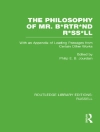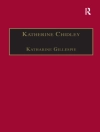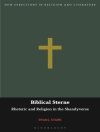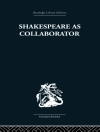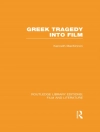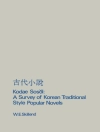Botuar për herë të parë në vitin 1935, 'Burgu’ është një vepër gjysmë autobiografike që rrëfen përvojën e autorit me burgosjen dhe gjendjen e burgjeve të regjimit të mbretit Zog I, që qeverisi Shqipërinë nga viti 1928 deri në 1939-n. Romani është shkruar me një stil të rrallë dhe poetik, me përshkrime të gjalla të vuajtjeve fizike dhe psikologjike të protagonistit, i cili quhet si autori, Haki. Romani ekspozon brutalitetin dhe korrupsionin e diktaturës së shtetit, si dhe rezistencën dhe solidaritetin e të burgosurve. Burgu, megjithëse konsiderohet një nga veprat më të rëndësishme të autorit dhe një dëshmi e fuqishme e shpirtit njerëzor përballë shtypjes, nuk është ribotuar asnjëherë pas botimit të parë.
O autorze
Haki Stërmilli (17 May 1895 – 17 January 1953) was an Albanian writer and journalist. His works dealt mostly with issues related to the rights of Albanian communities outside Albania, republicanism, the emancipation of women, and feminism. His best-known work is the novel Sikur të isha djalë (English: If I Were a Boy).Born in Debar, Ottoman Empire (modern North Macedonia), Stërmilli finished his first studies in Bitola. In 1920 along with Avni Rustemi he became one of the founders and the secretary of the youth organization Bashkimi. An anti-monarchist and supporter of Fan Noli he took part in the revolt that overthrew the monarchy, but after its restoration in late 1924 he was exiled. In 1930 he was captured by the Yugoslav authorities and deported to Albania, where he was sentenced to prison for his anti-monarchist activities. During World War II he joined the National Liberation Movement (LNÇ) and became head of the organization in the Dibër District. After the war, he was elected a deputy of the Albanian parliament and also served as head of the National Library of Albania until his death in 1953.



